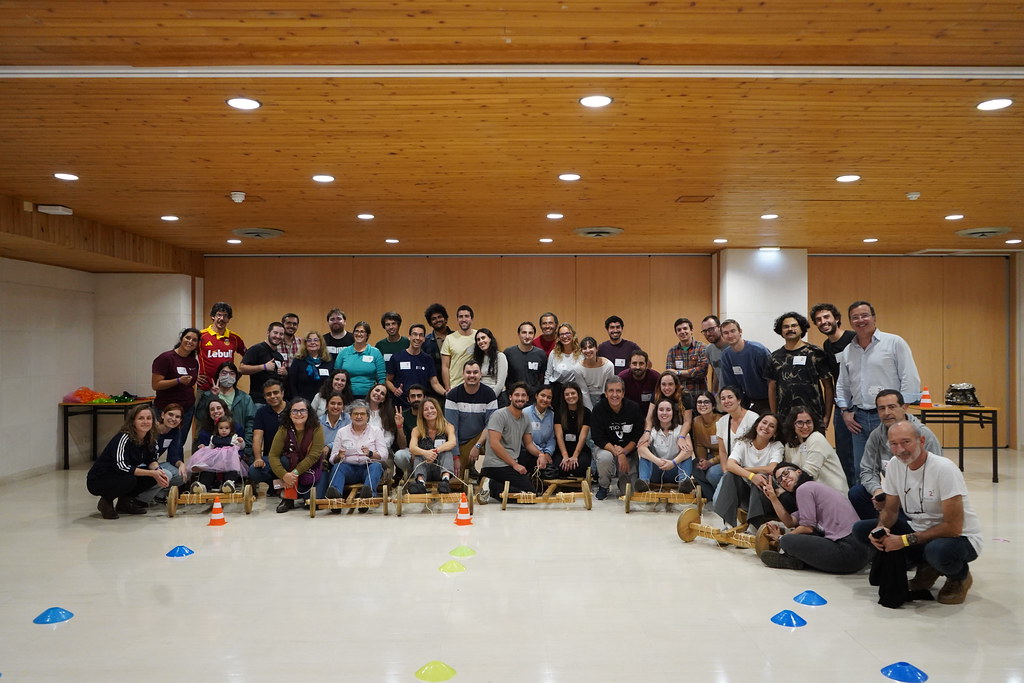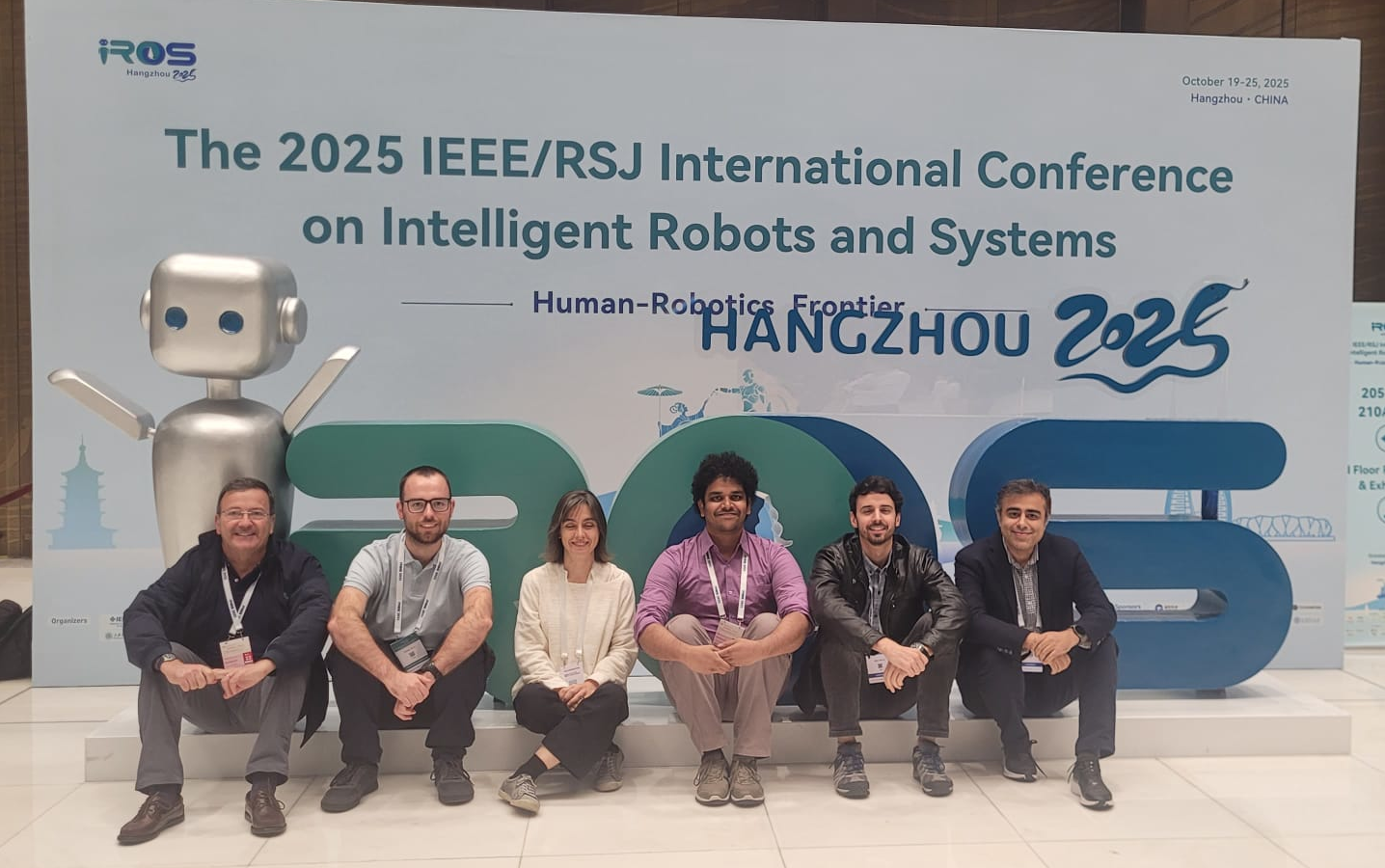The NEURONAUT project aims to investigate non-invasive brain–computer interfaces (BCI) in microgravity environments, focusing specifically on motor control and action anticipation to support interaction between astronauts and robotic systems. Unlike previous research that has largely explored passive neural changes in space, NEURONAUT will study real-time, closed-loop BCI control, integrating advanced artificial intelligence models to decode neural activity during active tasks.
The project’s PI, Athanasios Vourvopoulos, explained that “this project highlights the strength of ISR’s multidisciplinary research ecosystem, bringing together expertise in neurotechnology, robotics, human-robot interaction, and artificial intelligence.
Beyond its relevance for space missions, NEURONAUT also carries important societal impact: the neuroadaptive technologies we are developing have the potential to enhance terrestrial healthcare, improve human-robot collaboration in high-stakes environments such as search and rescue, and support more inclusive solutions for individuals with motor impairments.”.
NEURONAUT will also count with co-PIs Rodrigo Ventura and José Luís Silva (ITI/LARSyS). The experimental phase will be carried out during parabolic flights, providing realistic microgravity conditions to validate the system’s performance. By exploring how humans can directly control or coordinate with robotic agents in space, NEURONAUT contributes to future scenarios of assisted operations, enhanced astronaut autonomy, and safer mission environments.
Established after the 2022 European Space Agency (ESA) Ministerial Council, PROSSE enables Portuguese institutions to participate in ESA’s PRODEX programme, facilitating the development of cutting-edge scientific experiments for space. According to Joan Alabart, Programme Manager for Space Exploration, Innovation, and Entrepreneurship at the Portuguese Space Agency, the submitted proposals demonstrated “a high level of quality,” highlighting the strength of the Portuguese scientific ecosystem.
This year’s call received 11 applications, of which eight were deemed eligible. Proposals underwent an international evaluation by 12 expert reviewers, with the top two advancing to a detailed technical and financial assessment conducted by ESA’s PRODEX team.


